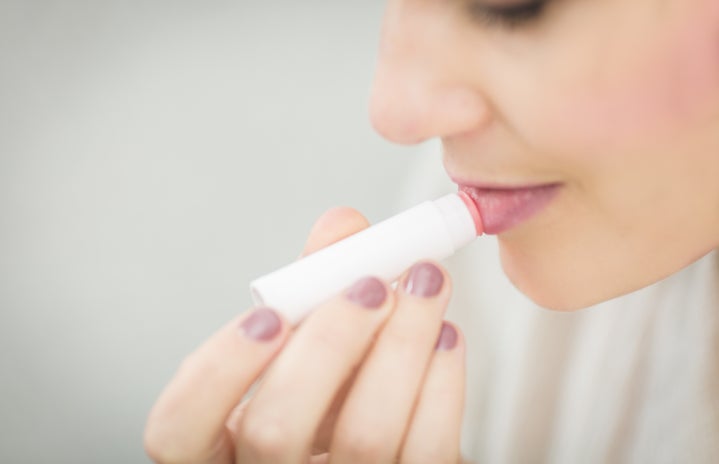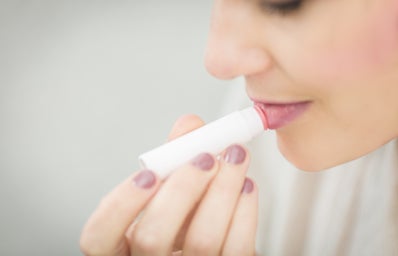In many ways, the makeup industry is a gift. It gives us room for experimentation, self-expression, and sometimes just the enhancement of beauty that was already there. However, despite the wonderful highlights of the market, there are also some highly problematic drawbacks, particularly for people of color.
Stories of perceived racism frequently circulate on the internet, such as the recent controversy over ColourPop’s Sculpting Stix, whose darker shades included names like “Yikes” and “Typo.” While the release of these products underlines one of the more directly articulable problematic facets of the makeup world, the things that are not released can be just as telling. In other words, while we understandably get frustrated with what we see, it’s important to take note of the important things that are missing.
Cosmetic companies often present swatches of their makeup shades on their websites to give potential customers a stronger sense of which products will or will not complement their complexions. However, in many cases these swatches are presented exclusively on fairer skintones. In the event that people of color are featured, the range of shades available is often incredibly limited, leaving consumers with complexions on the darker end of the spectrum unable to find a shade that even vaguely resembles their own; in the words of a New York Times article, “Brands like Lancôme may boast of 30 skin shades, but only five of them will be for women of color.”
Personally, my skin is pretty dark – think somewhere in the general range of chocolate pudding to Nutella for reference – and I’ve found it incredibly frustrating to seek out cosmetic products I like from companies that seem to be adamantly refusing to carry shades darker than the jar of peanut butter I keep in my room. Time and time again, I have looked for a foundation or tinted moisturizer or BB cream that received high praise in the social media sphere, only to find that there was no available color designed to cater to me. For example, L’Oreal’s Infallible Pro-Glow Foundation does not come in a shade that comes within five miles of my skintone, despite having the self-assuredness to name its darkest shade “cocoa” and assume that it will suffice.
I sincerely doubt that any of these brands genuinely believe a medium brown skintone is the darkest existing possibility. It is deeply improbable that they do not know, and far more likely that they do not care. It is both frustrating and disheartening to find, repeatedly, that many companies neglect to acknowledge my existence and that of people like me – in some cases by neglecting to create colors that will work on us, and at other times by omitting darker-skinned models when posting their digital product previews and media ad campaigns. We are here and we are valid, yet by refusing to acknowledge or account for our existence, these brands have silently decided that we don’t matter enough to be considered.
This is not to suggest that all mainstream brands are this problematically exclusive. As reaffirmed by The New York Times, companies like M.A.C. have consistently “featured lipstick and cheek colors with stronger pigments, which show up better on women with darker skin.” Nars has a fairly respectable range of foundation shades. Anastasia Beverly Hills is currently being heralded for the development and release of a gorgeous foundation line geared toward women of color, with nuance and specificity going beyond the one-brown-fits-all mentality that is so often presented in the makeup world. I can find shades in this collection that actually look like my skin instead of just settling for mediocre matches that I’ve deemed ‘close enough’ because there are no other options and I’m forced to make do. (Anastasia is also just generally great about making sure to swatch and advertise their colors on models with a variety of different ethnicities and complexions. Seriously, they’re awesome with this.)
However, there are also some less famous brands out there that definitely deserve some appreciation. One of my personal favorites is Juvia’s Place, an incredible cosmetic line run by women of color, and dedicated to beautiful, stunningly pigmented products within a reasonably affordable price range relative to other products of their kind and caliber. I stumbled across this company after being greatly underwhelmed by the pigmentation, or lack thereof, in a few Urban Decay products. Naturally, colors have to be more vivid to be impactful on skin like mine, and the palette I had just wasn’t cutting it.
Since my first encounter with Juvia’s products (I’m in love with their Masquerade palette which I got for under $30), I have learned to look to other sources for inclusion; if mainstream cosmetic America will not fulfill my needs, then I have the capability to purchase elsewhere, investing my consumer power in companies that market items for and/or by people like me. While it can be harder to find products that work, it is not impossible; there are brands out there acknowledging that I exist, and while more brands need to step it up and do so, I do not have to be complicit in the unpalatable exclusion of my features from the beauty world.


